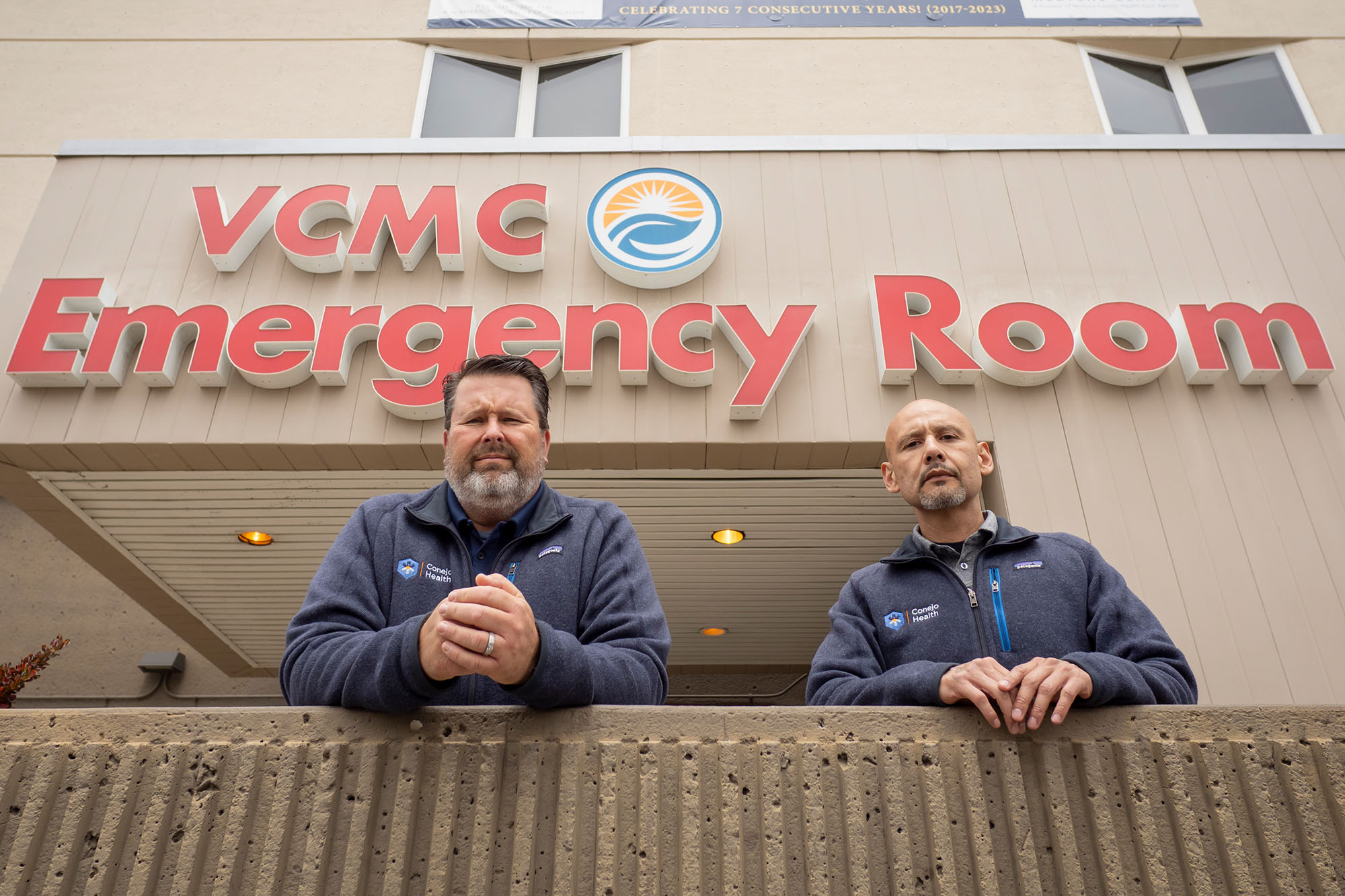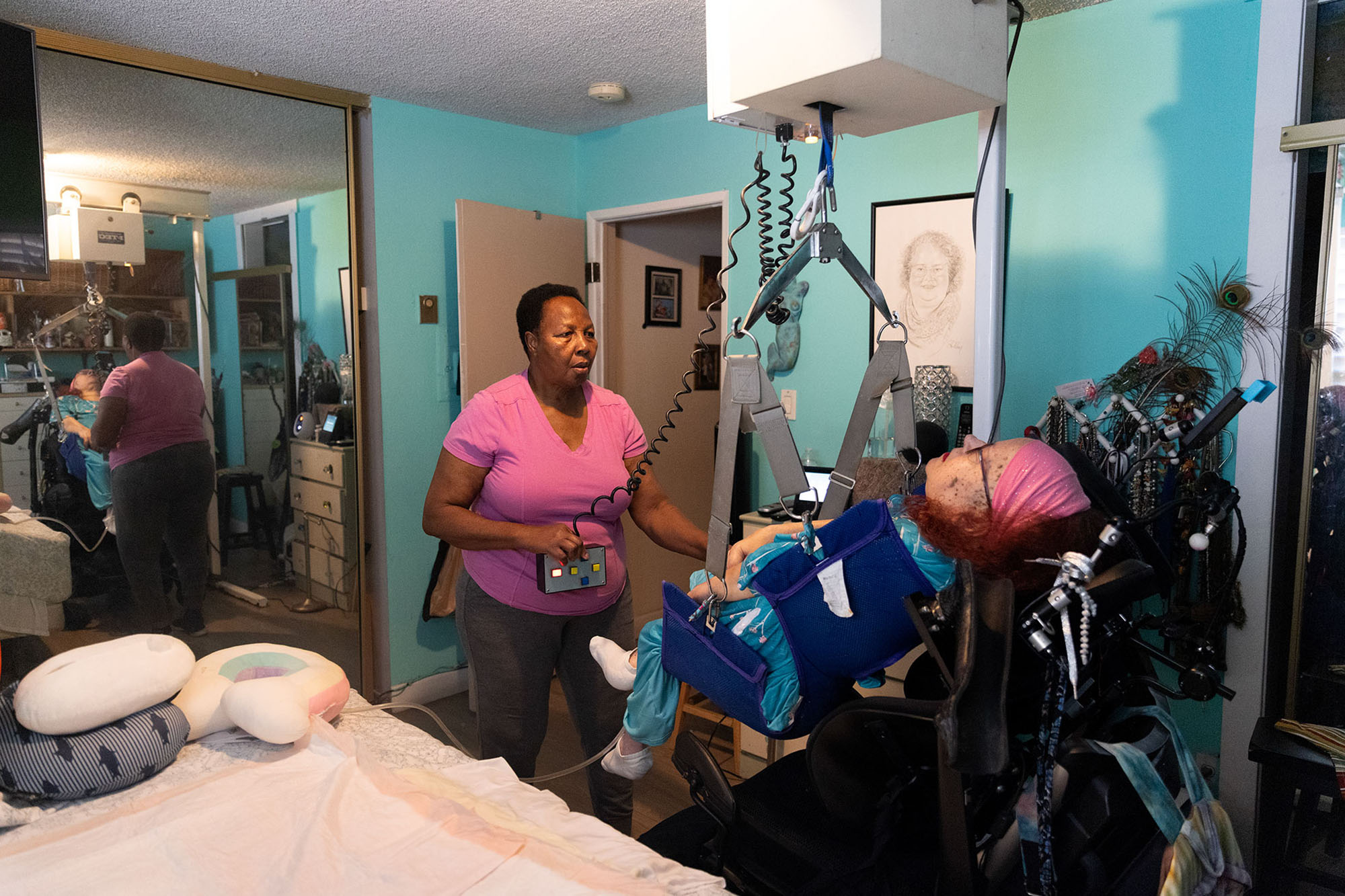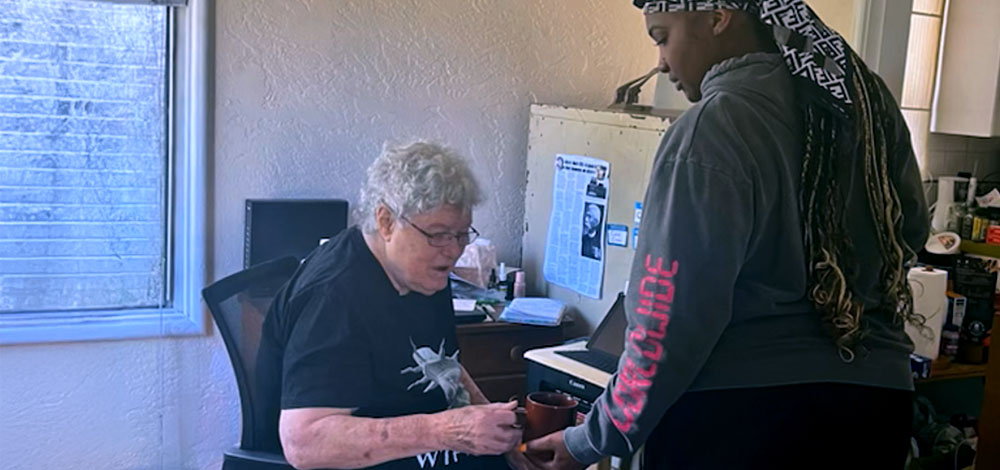View the Report
Jump to All Downloads & LinksThe COVID-19 pandemic has accelerated the adoption of telehealth services at rates previously unthinkable. This has elevated discussions in California and around the country about the long-term possibilities for telehealth to maximize use of our health care workforce and to meaningfully improve access for underserved populations.
Federally Qualified Health Centers (FQHCs), which provide comprehensive care to millions of Medi-Cal patients in California, have been on the front lines of rapidly deploying telehealth to patients during the pandemic. California policymakers now face important choices about whether and how best to permanently extend Medi-Cal coverage for telehealth beyond the temporary federal flexibilities provided during the pandemic. What California decides will significantly impact Medi-Cal enrollees’ access to telehealth going forward.
This report examines the choices and considerations for California policymakers to expand Medi-Cal coverage and reimbursement for telehealth provided by FQHCs. Key findings include:
- Temporary flexibilities that enable Medi-Cal enrollees to reach their primary care and behavioral health providers through telehealth from home have catapulted the use of telehealth by Medi-Cal enrollees and highlighted the transformative possibilities of telehealth within Medi-Cal.
- California has the power to decide what role telehealth has in the Medi-Cal program and how FQHCs are reimbursed.
- As FQHCs go, so goes the Medi-Cal program. (The extent to which Medi-Cal adopts telehealth coverage and reimbursement policies that incentivize FQHCs to deliver telehealth will significantly impact if and how telehealth is successfully utilized within Medi-Cal.)
- Value-based payment may be the ultimate goal, but interim reimbursement policy is urgently needed to maintain advances in access to care through telehealth.
- Many states are taking interim steps as a bridge to long-term telehealth policy.
- Extending prospective payment system (PPS) reimbursement to FQHCs for video and telephone visits provides an immediate, direct, and administratively straightforward mechanism to extend telehealth use by Medi-Cal patients and to expand access in the short term.
- Other state Medicaid programs appear most comfortable with extending PPS reimbursement to FQHCs for primary care video visits and behavioral health telephone visits.
The power, and choice, about how to move forward is in California’s hands.
Authors & Contributors
Rafael A. Gomez, MPP
Rafael A. Gomez is a senior consultant with Pacific Health Consulting Group. Pacific Health Consulting Group provides management consulting services to public sector and community-based health care organizations. With a focus on managed care development and health care delivery service improvement in the California safety net, Pacific Health Consulting Group’s clients include community health centers, state and local health agencies, public hospitals, local public Medi-Cal managed care plans, and other organizations that deliver or finance health care services.
John Sawyer
John Sawyer is an independent health policy consultant and former director of federal affairs at the National Association of Community Health Centers.
Mari Cantwell, MPP
Mari Cantwell is an independent Medicare and Medicaid consultant and former California Medicaid Director.





